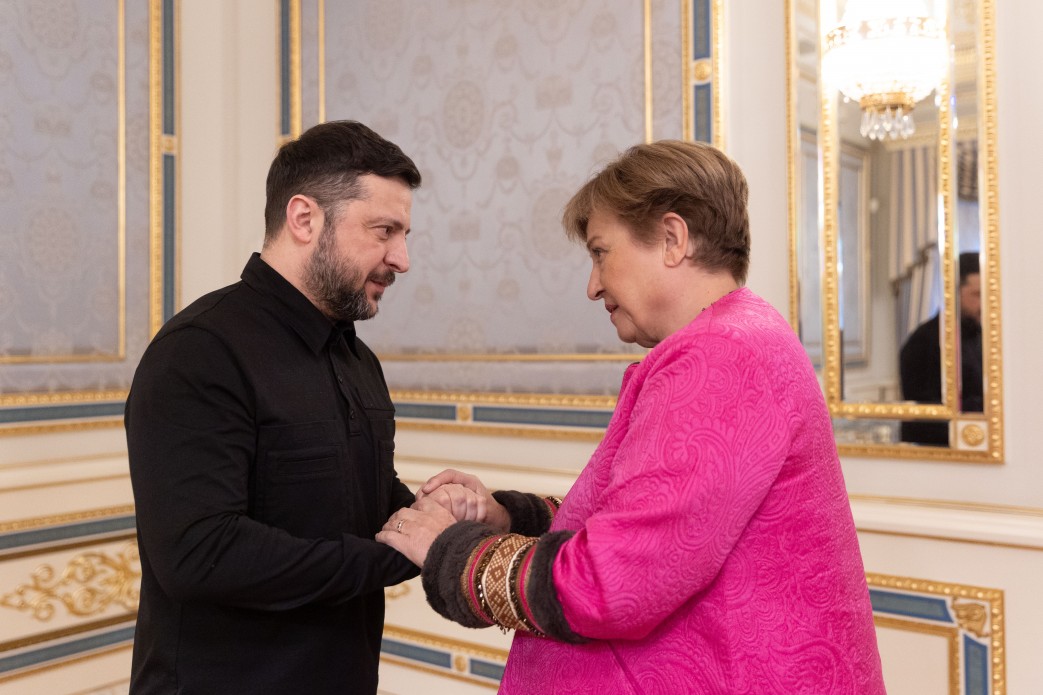Unspecified actors launched a drone at a military base in Transnistria, the pro-Russian breakaway republic in Moldova, on March 17 amidst an assessed ongoing Kremlin hybrid operation aimed at destabilizing Moldova from within.
Transnistrian outlets claimed on March 17 that a single drone struck a helicopter on the territory of an unspecified military unit in Transnistria, posted video footage of the moment of the drone strike, and alleged that the drone flew from the direction of Odessa region.
Neither Transnistrian nor Russian authorities have accused Ukrainian forces of conducting the strike as of this writing but may do so in the future. The former Transnistrian Supreme Council Chairman, Alexander Shcherba, claimed that the strike had “Ukrainian fingerprints” and that the “main beneficiary” was Ukraine.
The Moldovan Bureau of Reintegration stated that the struck helicopter had not flown for years, and the strike was deliberately meant to spread fear and panic in Transnistria, implying it was part of an adversarial information operation targeting Moldova, though the Bureau of Reintegration did not explicitly accuse Transnistrian or pro-Russian forces of conducting the strike.
_1710752716.jpg/yy6IMdXnHTOxFdAadNwvRyp5WMEbUKApDLglS0nM.jpg)
Moldovan authorities stated that they were in contact with the Ukrainian government.
Ukrainian Main Military Intelligence Directorate Spokesperson Andriy Yusov described the situation as a Russian provocation.
The Ukrainian Center for Countering Disinformation accused Russia of conducting the strike to manipulate the information space.
ISW cannot independently verify the details of the singular drone strike in Transnistria or identify the responsible actors, but it is unlikely that Ukrainian forces conducted the strike given the limited means used in the strike and the insignificant target. Ukrainian officials have also recently stated that Transnistria does not pose a military threat to Ukraine.
Transnistrian authorities recently asked Russia for unspecified “zashchita” (defense/protection) against Moldova, and Russia or Russian-linked actors would likely be the beneficiaries of this provocation in order to further the Kremlin’s ongoing efforts to set information conditions to justify a variety of Russian hybrid operations that aim to destabilize Moldova, about which ISW has extensively warned.




















